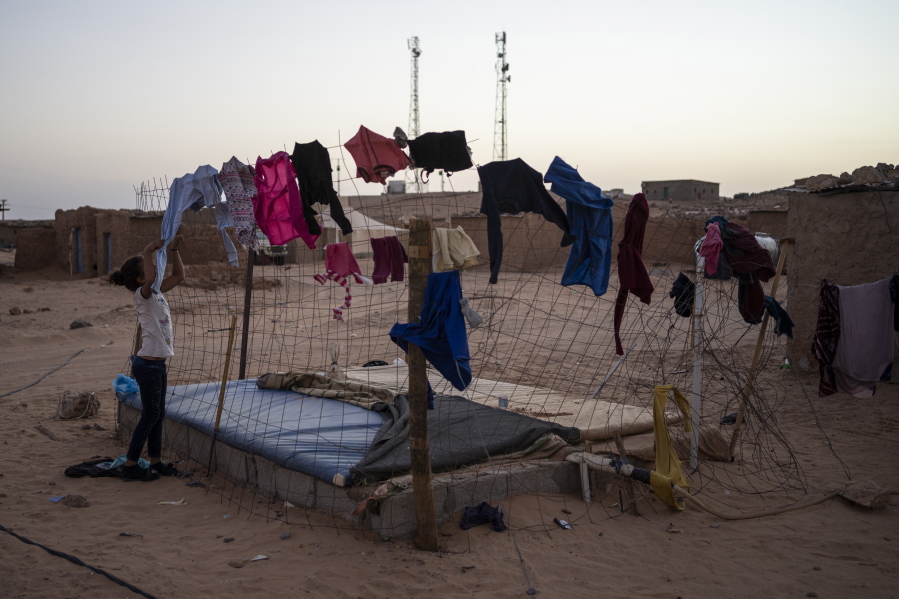The U.N. envoy for Western Sahara, Staffan de Mistura, has put forward the idea of partitioning the disputed territory between Morocco and the Polisario Front as a potential solution to the nearly five-decade-old conflict. The proposal, shared in a briefing to the U.N. Security Council, suggests dividing the territory, creating an independent state in the southern part while integrating the rest under Moroccan sovereignty, internationally recognized. However, both Morocco and the Algeria-backed Polisario Front have rejected this idea, maintaining their long-standing positions. Morocco insists on autonomy under its sovereignty as the only viable solution, while the Polisario Front continues to demand a referendum that includes independence as an option.
The conflict over Western Sahara, which began in 1975, remains at an impasse despite growing international support for Morocco’s autonomy plan. De Mistura has expressed frustration over the lack of progress and indicated that the U.N. may need to reassess his role if no advancements are made within six months. While Morocco’s plan is gaining traction, with key global players like the U.S., France, and several Arab and African countries backing its sovereignty, the Polisario Front remains defiant, having withdrawn from a U.N.-brokered ceasefire in 2020. Despite the low-intensity nature of the current conflict, tensions between Morocco and Algeria continue to escalate, with Western Sahara at the center of their diplomatic disagreements.
As the stalemate drags on, the question of Western Sahara’s future remains unresolved, with regional and international implications hanging in the balance.



